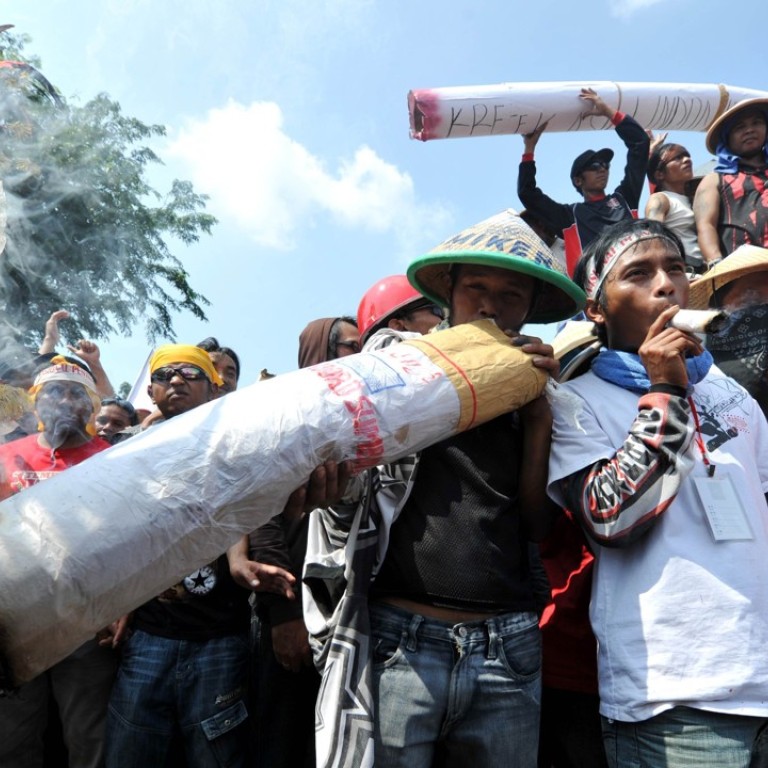
In Indonesia, big tobacco clings to a smokescreen
Companies in the US may have been forced to come clean about the dangers of cigarettes, but in Southeast Asia lobby groups are paid to stifle attempts to enlighten the public
As antismoking groups in the US celebrate a victory in their decades-long fight against Big Tobacco, their Southeast Asian counterparts are still struggling to loosen the industry’s grip on policymaking in a region where more than a million people are killed by tobacco-related diseases every year.
“The [order] is significant because it is a rare instance of the companies being made to tell the truth about their decades-long conspiracy to deceive the public about the health effects of smoking and their marketing to children,” said Mark Hurley, director of international communications at Washington-based Campaign for Tobacco-Free Kids, one of the six public health interveners in the case.
The statements, however, will not be published in Southeast Asia, home to 600 million people and a major tobacco market. Smoking is often seen as a part of cultural identity in this region even though half a million people are diagnosed with preventable tobacco-related diseases every year, according to Bangkok-based Southeast Asia Tobacco Control Alliance (SEATCA).
“Although Big Tobacco has been forced to issue these long-overdue corrective statements in the US, it is business as usual for the rest of the world as tobacco companies continue their misleading advertisements,” said Bungon Ritthiphakdee, SEATCA executive director.
The tobacco industry for years has deployed lobby groups to stifle efforts to implement control measures in the region. This is especially so in Indonesia, Vietnam and Myanmar, according to SEATCA’s Tobacco Industry Interference Index released last month. The index assesses how countries are adhering to guidelines set by the World Health Organisation (WHO) to prevent the tobacco industry from interfering with control policies.
A tobacco-free 2020 Olympics ... or is Japan blowing smoke?
Indonesia is the only WHO member in Southeast Asia that has not ratified the Framework Convention on Tobacco Control (FCTC), a set of universal standards to limit the sale, distribution and advertising of tobacco.
Nearly 65 per cent of Indonesian men smoke, the highest rate globally, as well as more than 20 per cent of youth between the ages of 13-15. This lucrative demographic, and Jakarta’s unwillingness to rein in the expansion of the industry, have made the country Asia’s second-largest cigarette market after China. More than 316 billion cigarettes were sold in Indonesia last year. This year the government expects to rake in nearly 150 trillion rupiah (US$11 billion) in excise taxes from tobacco products, up from last year’s 141.7 trillion rupiah. Smoking kills at least 214,000 people each year in Indonesia, anti-smoking activists said.
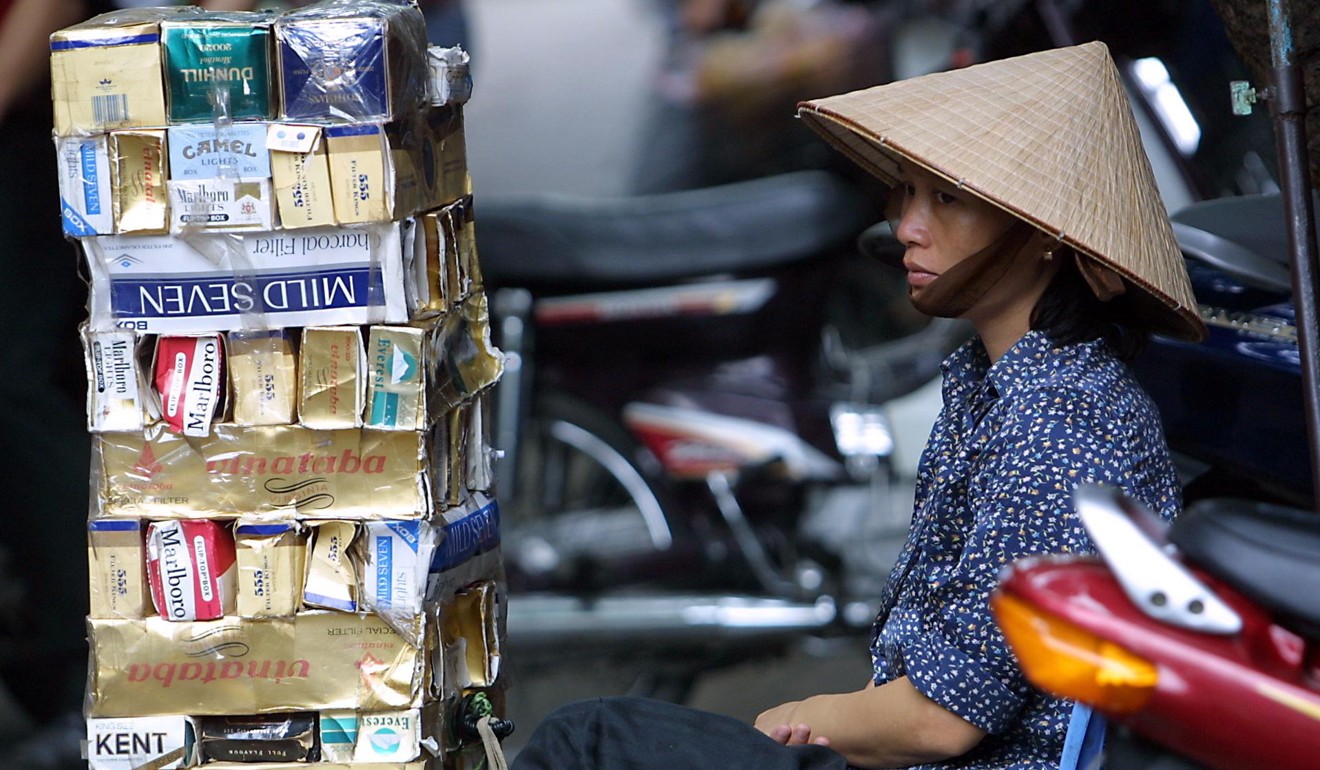
“A number of policies in Indonesia were influenced by the tobacco industry. Indonesia is easily controlled by Big Tobacco because we haven’t ratified the FCTC,” said Prijo Sidipratomo, chairman of the National Commission on Tobacco Control. “Many countries have banned cigarette ads, we’re the odd ones out.”
Smoking: Australia’s packing up, why can’t China, Indonesia?
The commission was dealt a blow in October when parliament scrapped a proposed ban on cigarette adverts from the draft revision of the country’s broadcasting law.
Efforts to raise the tobacco excise tax to the maximum rate, which is 57 per cent of the base price, is often defeated by the industry, which sell cigarettes relatively cheaply in Indonesia. A pack of cigarettes costs less than US$2 in Indonesia compared with an average in New York of US$12.85, and smokers can buy a single cigarette for a few cents from street kiosks – a practice banned in several countries. The government is set to raise tobacco taxes by 10.04 per cent next year, less than last year’s 10.5 per cent average. “[Tobacco] lobbyists use many lanes to implant their demands in the parliament,” Sidipratomo said. “We need to keep monitoring every bill, we really can’t sleep on this.”
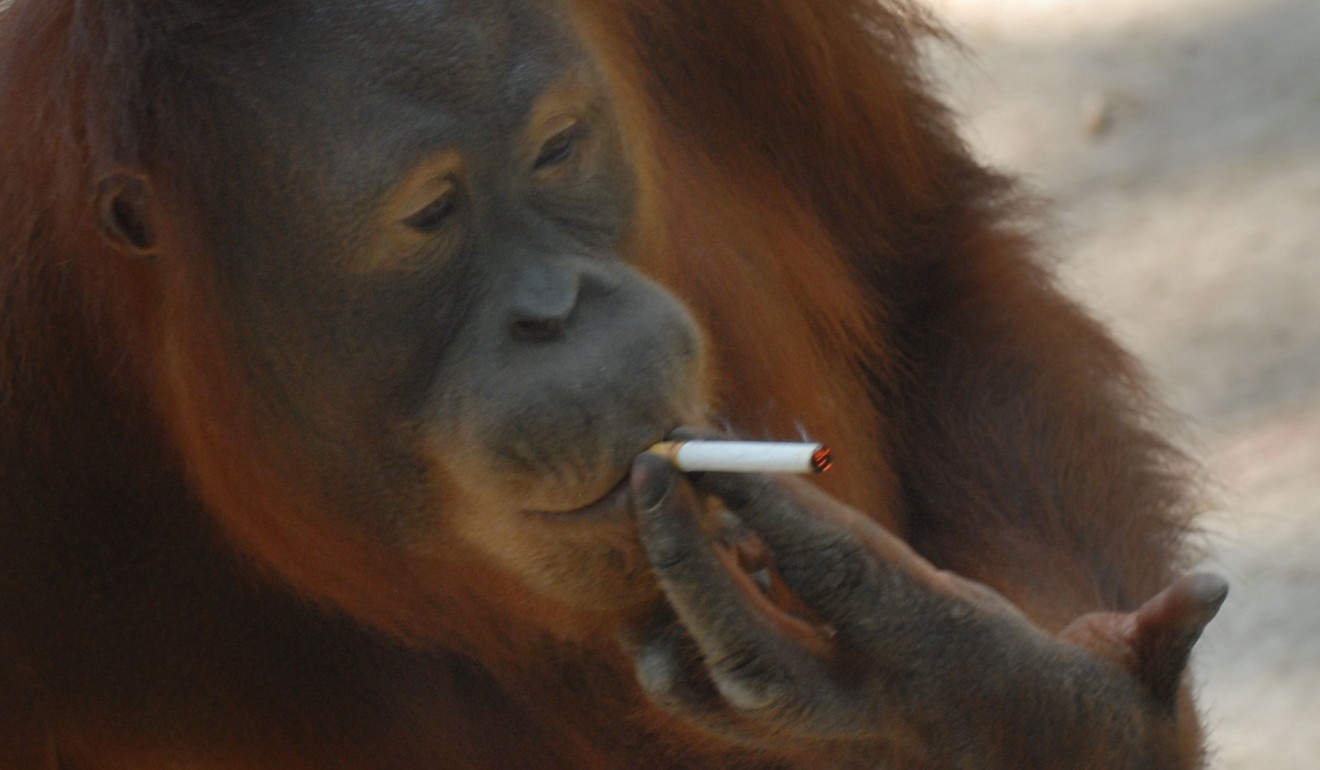
In Vietnam, the international trade ministry in April supported a recommendation from the tobacco industry to divert half of the country’s tobacco control fund to tackle tobacco smuggling. Local tobacco businesses have also benefited from loose oversight. For example, state-owned Vietnam National Tobacco Corporation this year donated to the national programme on poverty and hunger eradication, further raising the company’s brand awareness, SEATCA said.
In Myanmar, Laos and Cambodia, cigarette packs are still being sold without the required warnings featuring photos of smoking-related diseases, underlining low compliance with the law among tobacco companies.
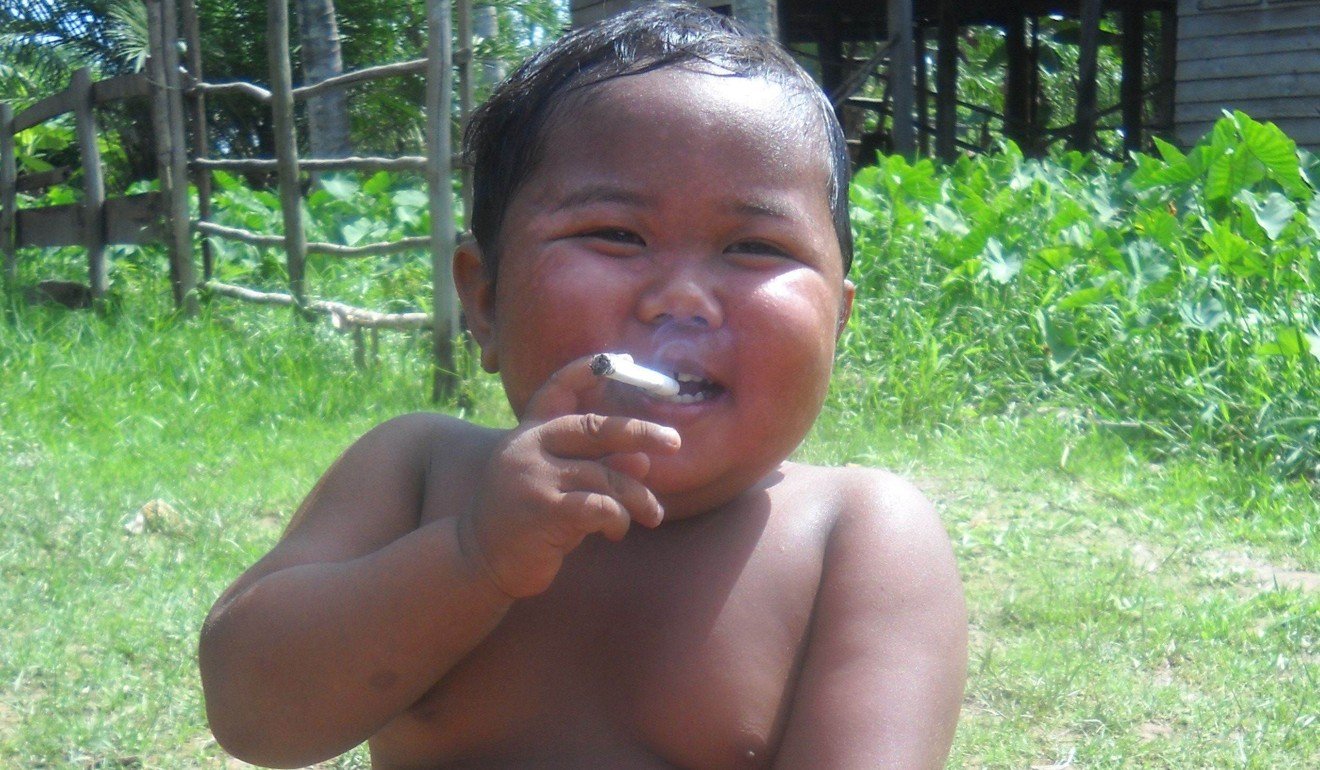
Brunei and the Philippines maintain the highest resistance to the industry’s influence in the region. The Philippines led the way when it introduced a tax increase on tobacco products in 2012, the most effective method to reduce tobacco consumption, according to health officials. “By 2015, tobacco use [in the Philippines] declined nearly 20 per cent compared to 2009 and government revenue from tobacco taxes more than tripled between 2012 and 2016, even as tobacco sales declined,” said Hurley, from Tobacco-Free Kids.
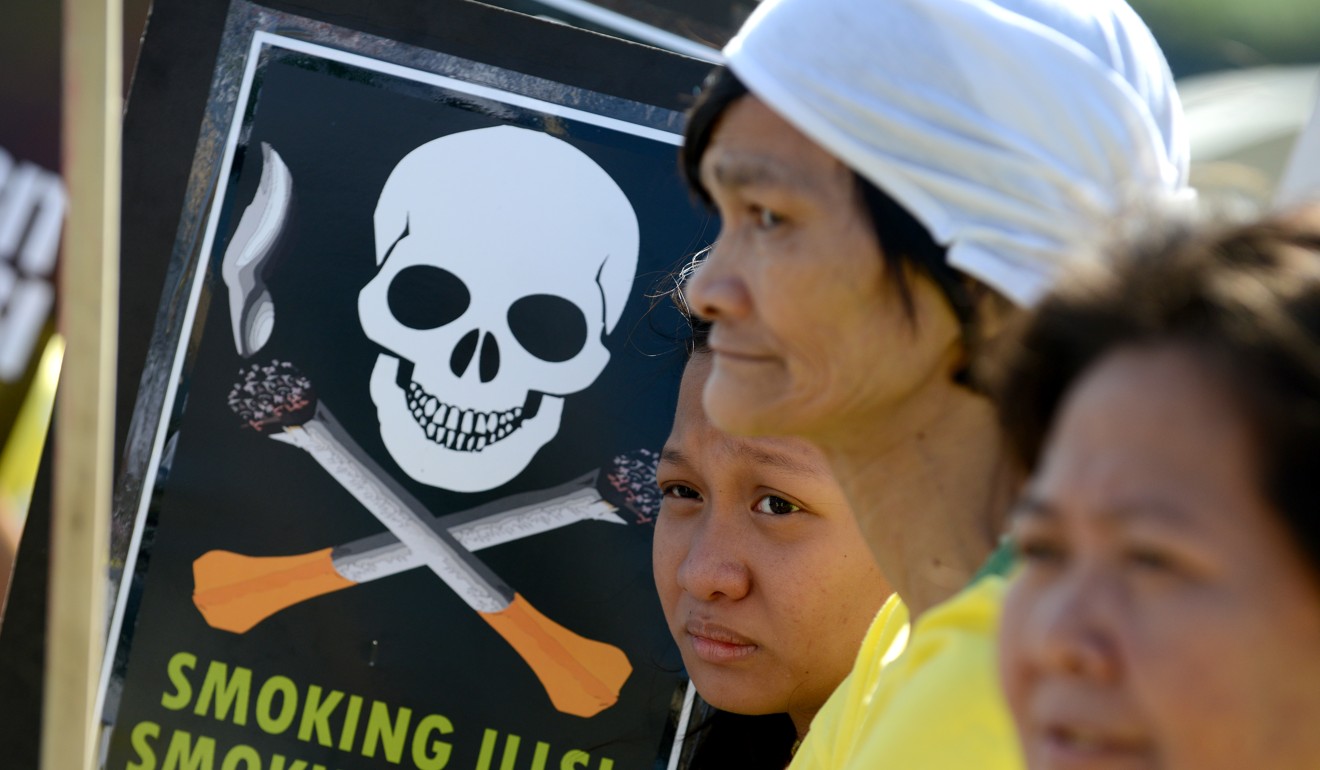
To battle the paid lobbyists, anti-smoking advocates can use the help of foreign-backed organisations such as Bloomberg Initiative to Reduce Tobacco Use, a US$600 million fund set up by former New York mayor Michael Bloomberg. The initiative works together with local regulators worldwide to introduce tobacco control measures. Since its inception a decade ago, Bloomberg Initiative has teamed up with more than 100 cities in Indonesia to pass laws to restrict smoking in public.
For now, public health groups can take advantage of the court-ordered statements aired in the US to push for stricter tobacco control regulations in their countries.
“[The admission] was made possible due to specific civil laws unique to the United States that are not afforded in every nation,” Hurley said. “Public health champions can use the admissions to spark dialogue among policymakers and the public.” ■

